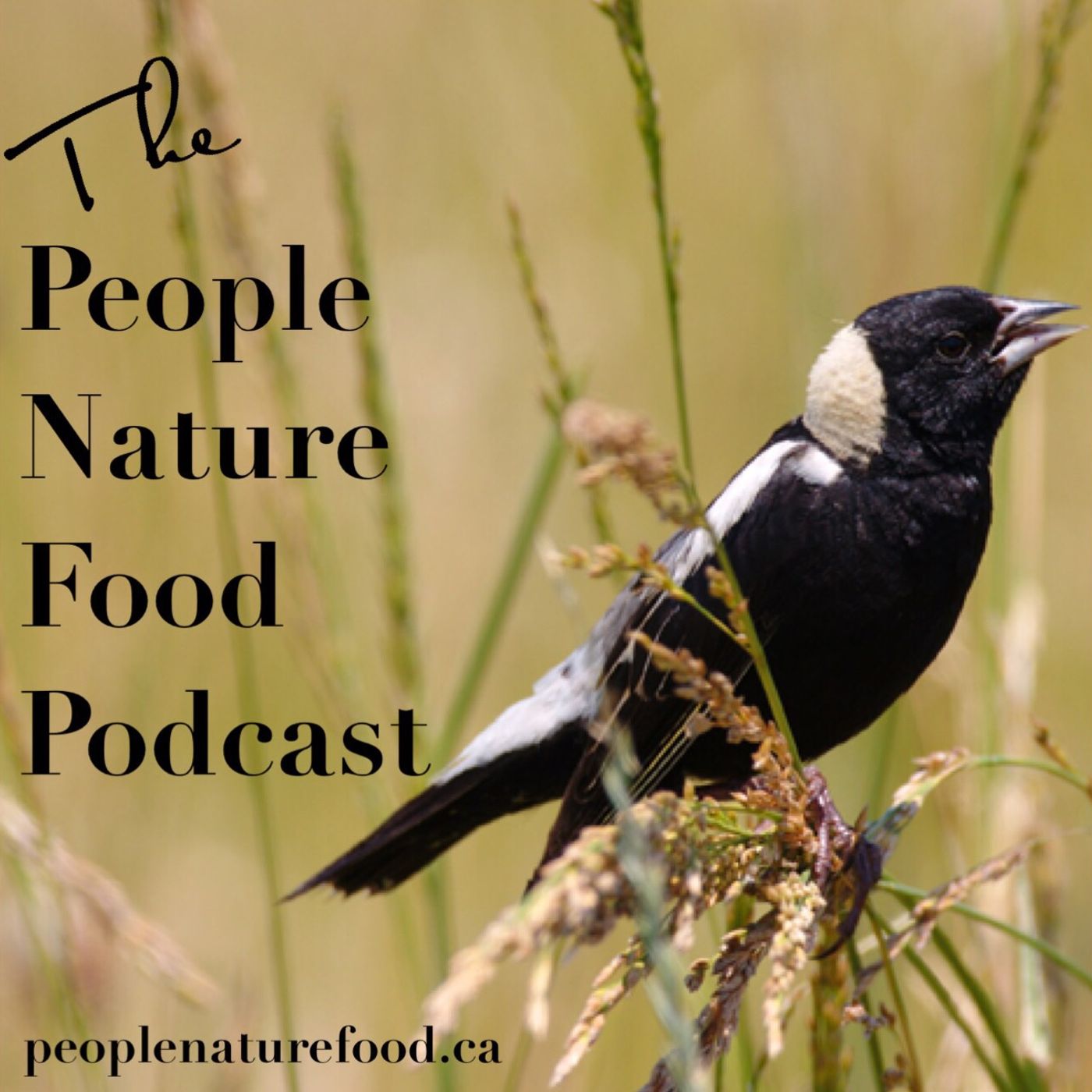Episodes
Can you picture a warm spring day? The sun is shining, the birds are singing, and you are out in your new garden growing food for your family and your community. In this episode, Jackie Arnold gives us an honest look at growing veggies from the perspective of a beginner. Anne Gratto is looking forward to cottage life this summer, and is forming a garden plan that includes pots that can be transported. Cati Vanveen has lots of space and plenty of help at home to grow a big variety of...
Published 04/15/20
Published 04/15/20
If you have never gardened before, why not grow vegetables for your own use? If you're an experienced gardener grow extra vegetables and give them all away! You might also form a group and grow vegetables for your local food bank..this can be done while maintaining social distancing. Whatever you decide to do, this episode will help you to face the challenges that are coming your way and help your community while you're at it! Now get growing!
0:22...a nod to the past through the music and...
Published 03/30/20
This episode is for you if you are a farmer, land manager, policy maker, or scientist. Dr. Jocelyn Lavallee (Natural Resources Ecology Laboratory, Colorado State University) joins your host Tom Franklin to discuss all things "soil organic matter". We learn that testing for soil organic matter may offer an inadequate picture of your land as it changes in response to a climate change world. What then should be tested? .... "It's as easy as POM and MAOM".
2:59...how to say SOM POM MAOM and what...
Published 11/28/19
What would you say if the methane emissions from your cattle could be reduced by up to 50% in the very near future?
Yes please, bring it on! Dr. Karen Beauchemin joins your host Tom Franklin, and hints at the incredible influence of one tiny compound, named 3NOP, on the rumen of cattle.
www.peoplenaturefood.ca
Published 04/24/19
Listen as your mild-mannered host becomes increasingly agitated with climate scientists. It's calving season, he's sleep deprived...you've been there. What's bothering him? Scientists speak carefully and professionally within their narrow field of research, and then suddenly become agriculture experts more than willing to offer OPINIONS about cattle.
They need to know
#1 cattle can be managed to decrease their methane emissions, and this is the focus of my next episode
#2 increasing carbon...
Published 03/18/19
Sunshine, pasture, soil, and cows...this may be the package deal that fights climate change!
Paige Stanley explains how keeping cattle on pasture will cause the soil to lock away carbon. How much?...6.65 kilograms CO2 for every kilogram of beef...but when will we hear about it in the news or in our classrooms? The answer is when more research in this area is done. We also talk about land-sharing versus land-sparing strategies for food production and biodiversity. Listen as Tom struggles to...
Published 02/14/19
How can we have constructive, accurate, and meaningful discussions about Canadian beef and its impact on the environment? Kincardine area environmentalist, farmer, and teacher Tom Franklin intends to find out. His guest is Dr. Frank Mitloehner from the University of California Davis. Dr. Mitloehner is a highly regarded climate scientist, and the world authority in the realm of agriculture and the warming of the Earth.
www.peoplenaturefood.ca
Published 02/03/19
Are you dreaming of summer? Sunshine, the smell of burgers on the BBQ, and......yard work? in this episode you will be encouraged to rethink your lawn and to appreciate the intrinsic value of native grasses. My thanks go out to Art Wiebe for enthusiastically sharing his knowledge and experience.
Published 01/20/19
Thanks to Dr. Noah Perlut, Ray Ford, and Stan Eby for participating and being so generous with their time. Each of these men thoughtfully share their ideas about environmental stewardship and farming.
First we come to understand the world of a wildlife biologist, and as we do so we recognize the genuine interest and enthusiasm that Dr. Perlut has for the natural world and in particular the Bobolink. Next we meet Ray Ford, a farmer and writer who thoroughly describes his strategies for...
Published 10/28/18
Learn the significance of the Penetangore River to the first European Settlers in 1848, and how its natural state was almost immediately changed.
Are you ready for some facts? We'll review the geography of the area as a foundation for better understanding our "place".
Consider the watershed's most recent report card with Jo-Anne Harbinson from Saugeen Valley Conservation Authority .
What's missing? In a future podcast, I would like to examine the watershed before 1848. I think it will take...
Published 10/28/18


